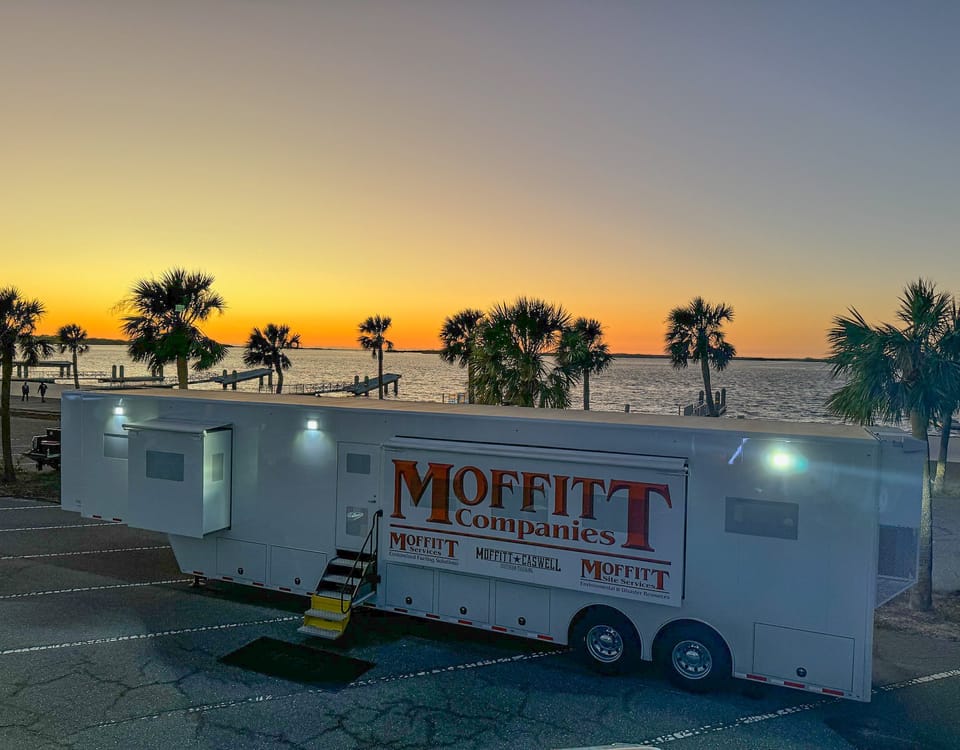
There are a number of natural disasters which people know to be extremely dangerous. These disasters are more prevalent in various parts of the country (severe forest fires, for example). However, an overlooked emergency is flooding. What’s worse, a flash flood is often ushered in on the coattails of another severe weather event, meaning emergency resources are already stretched thin. What hope is there?
Plenty!
You might not be able to prevent a flash flood, but you can prepare yourself and your family. Continue reading to find out how!
What is it?
Quite simply, a flash flood is flooding which occurs suddenly. Usually this flooding occurs at a local level, and usually it follows severe rainfall. Sometimes the waters recede quickly when the rain is done. Sometimes, however, the water stays for days or weeks after, further complicating things.
Preparation
As with any natural disaster, a certain amount of preparation before the event occurs is invaluable. The first thing you should have is an emergency kit. You can put one together yourself, or purchase a prepackaged one. Just be sure the kit has enough food for each member of your household. This kit should have food, water, light sources, ways to start a fire, first aid, and a hand-crank radio, at minimum. If you don’t have anything like this, build or buy one as soon as possible.
Along these lines, if at all possible, avoid building or buying a house in a floodplain unless you can reinforce it appropriately. If your home is in an area affected by flooding, be sure your critical home appliances are elevated to further protect them from water.
If you are able, there are a plethora of options for preventing flooding from damaging your home. Barrier walls can be constructed. Sealing and waterproofing of basement walls (if you have a basement) can go a long way to prevent damage as well. Explore all options before the disaster comes!
When the Waters Come
When bad weather comes, be vigilant. Make sure to be monitoring the radio and television so that you can be aware of sudden changes or new information. If a flash flood watch is announced, begin taking steps. If it becomes a warning, act immediately! Move to higher ground; don’t wait for specific instructions to move/evacuate.
If evacuation becomes necessary, lock up your home. Make sure there is no loose furniture outside. Move any valuables up to the highest point of your home (if you can’t take them with you). Also, shut off all appliances.
If you own a business, particularly one which must continue to operate during a disaster, have plans in place for emergency fuel. Once a disaster strikes, procuring fuel will be nearly impossible.
When the Dust Settles
When the rain and storms clear, the danger isn’t done. Continue to monitor radio and television channels for pertinent information. If you evacuated, approach your return cautiously. Stay clear of water and remain on solid ground, especially if you can’t see under the water. If your home or business has been damaged, photograph everything as soon as possible and contact your insurance company as soon as possible. The road ahead will doubtlessly have other challenges, but, with your preparation and knowledge, you’ll be prepared to tackle whatever comes next!
Like this content? Check out our blog for more articles like this!




